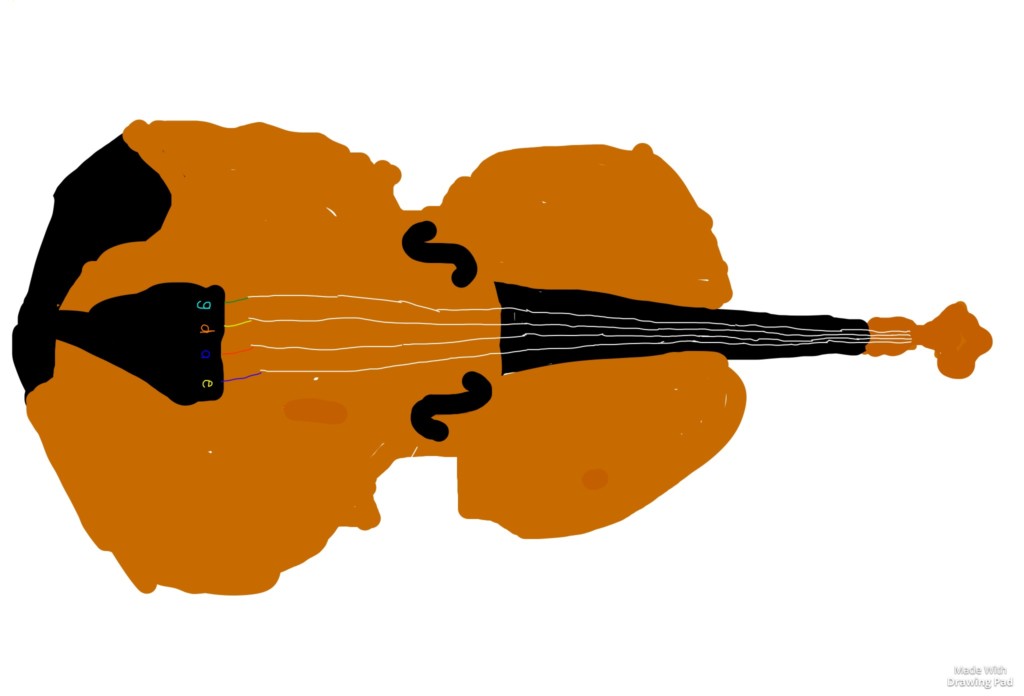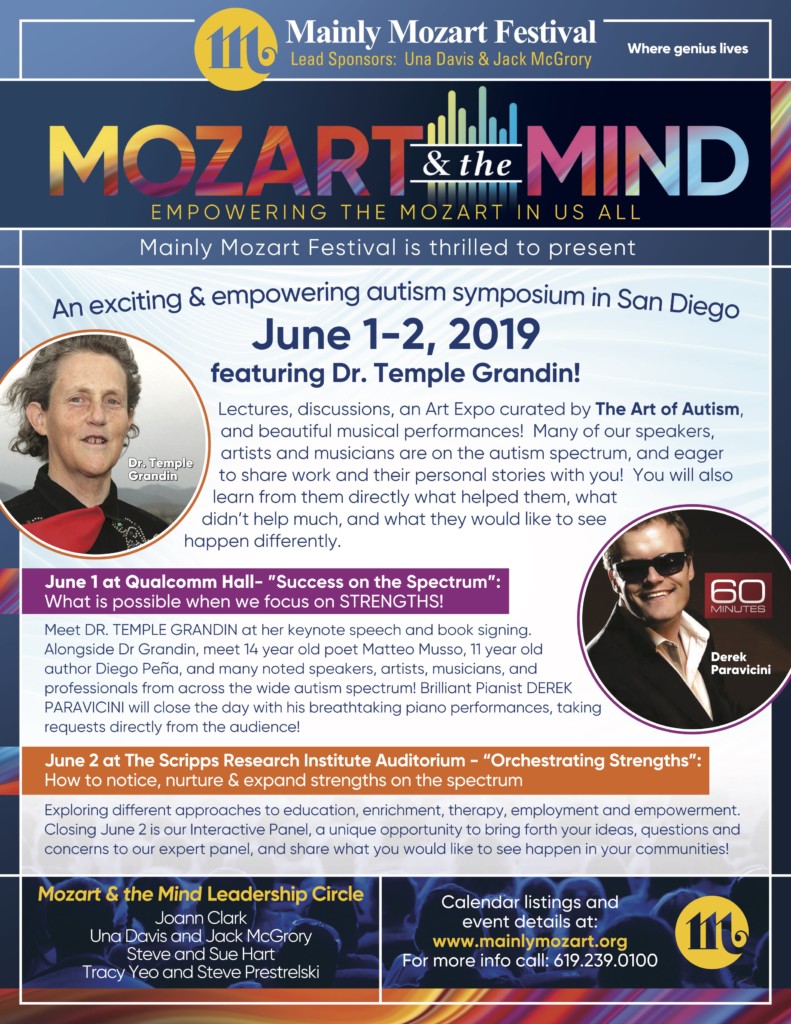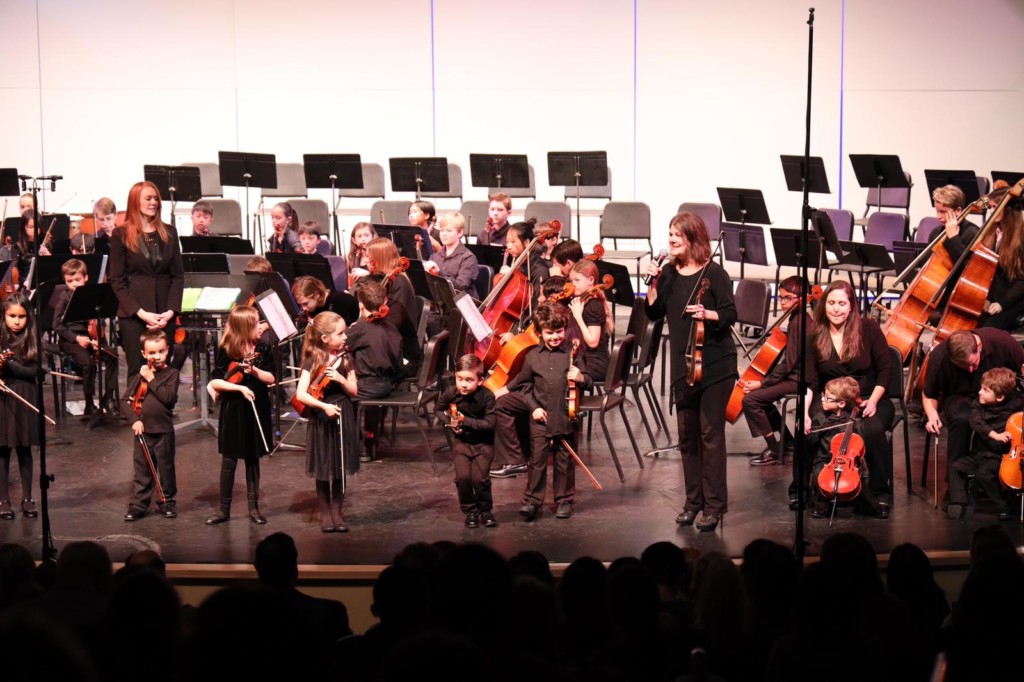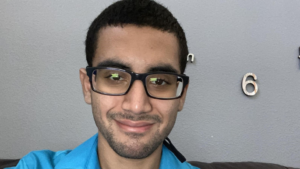This guest Q&A is with Dr. Lamis Jabri who is a psychiatrist, certified by the American Board of Psychiatry and Neurology, and an artist at heart. She believes in helping people set and attain their own goals by focusing on their strengths, rather than solely addressing their challenges. Her experience in the Autism community stems from her personal journey with her child, as well as her professional interactions within the community.
Hi Lamis – what made you first want to get involved in the autism community?
My son began to show signs of autism as well as intense interests and talents at the age of 18 months. I was a psychiatric resident in training at the time, and I became very invested in learning about Autism, and about the daily lives of individuals and families within the Autism community – especially if their specific stories resembled our own. I learned that the spectrum is so vast that no one person could ever represent the needs, concerns, and desires of the entire community. Yet at the core, all of us as humans have basic desires that can be safely generalized: we want to feel valued, respected, and meaningfully included. I specifically focus on engaging people in activities and environment that nurture their interests and highlight their strengths.
I love the idea of focusing on ‘strengths’ at your upcoming symposium. How did the name of the symposium come about?

In the earlier years of my medical training, I had developed a very focused “find and fix the problem” mentality. However, as I dove into learning more about people, mental health and then the Autism community, my perspective matured very rapidly. I found that often, if I focused on what my son COULD do, instead of ONLY what he couldn’t do, I sensed a deeper connection with him, and he seemed more inclined to engage with me, and he learned new things more easily. I try to apply that concept in our daily lives with everyone: my strengths, my husband’s strengths, the teacher’s strengths, when “synchronized” with our son’s produce the best results!
It truly works like an orchestra where each instrument possesses its own characteristics, and together produce a symphony. I began to research how to nurture his seemingly “peculiar” interests – from spinning around in circles, to scribbling with crayons, to pounding on the piano. With enough curiosity and a bit of creativity, all those interests became bridges to new skills that I had not realized he possessed. As I researched ways to nurture him, I learned about the stories of many of the extraordinary individuals who are coming to speak, perform, or show their art at this event. In June 2018, I attended a concert hosted by Mainly Mozart featuring the virtuoso pianist Derek Paravicini, and was blown away by his performance, and highly inspired by his relationship with his mentor, professor Adam Ockelford. The idea for the symposium was born right there, as I listened to Derek and Dr. Ockelford describe their daily interactions, specifically learning how Dr. Ockelford identified and nurtured Derek’s strengths early on. At a round table discussion creating a title for this event, we wanted to tie in “music, success, and engaging people to focus on strengths” in one sentence, and it was Sandi Anderson, mother of artist Joel Anderson, who came up with that title!
We were so excited to hear you have Temple Grandin keynoting your symposium. What has her work in the community meant to you and your group?

Dr. Temple Grandin’s work is quite vast, far-reaching, revolutionary in many ways, and touches the lives of countless people around the world, within the autism community and beyond. At the core of her work, she consistently champions exposure to different activities, identifying interests, nurturing individual strengths, appreciating the individual, and engaging different kinds of minds. Her philosophy resonates very deeply with me and has highly influenced my daily interactions with my son. When she agreed to be our Keynote speaker and generously donated her time, we were all absolutely ecstatic.
During my journey on the autism spectrum, music and theater therapy play pivotal parts to help me find a career in public speaking. Are there any examples in particular that you’ve seen of people with autism being positively impacted by the arts that stand out to you?
Absolutely! People in general are positively impacted by regular immersion in activities they enjoy, regardless of whether these activities lead to career choices. The arts are especially well suited for development of self-expression, creativity, and connection with others. The live “examples” that first come to thought are the stories of our presenters, artists, and performers! Derek Paravicini, Joel Anderson, Kevin Hosseini, Grant Manier, Jeremy Sicile-Kira, Amoako Buachie, JA Tan, Alex Nichols, Dane Capo, Austin Jones, Ikea Syance Wilson, Matteo Musso, Diego Pena and so many more.
On a personal note, playing piano with Music therapist Susan Rancer and violin with Mainly Mozart Youth Orchestra Associate Director Jane Frey, my son has learned a great deal not only about music itself, but also himself. Even at age 6, he understands and appreciates certain skills that he has developed. He learned about communication, turn-taking, riffing off of someone else’s melodies, enjoying different ideas, improvisation that does not follow any particular “rules”, and most importantly, he learned about flexibility toward imperfection.
What’s one misconception about autism today that you would like to see debunked?
There are SO MANY that are really so outrageous that I cannot just pick one! Over-generalizations in general are really problematic: “preferring objects over people” or “preferring to be alone” or “lacking empathy” or “inability to communicate”. In general, I dislike the assumption that a term, even diagnostically, could truly define a human experience. Instead, regardless of the condition or diagnosis, you must ask the specific human: What are your specific strengths and challenges, and how can I contribute to enhancing your life if you so desire?
Have any favorite events you’ve taken part in with the Foundation and The Art of Autism?

YES! I truly enjoyed taking part in last year’s Mozart & The Mind session with Adam Ockelford and Derek Paravicini, and last year’s Showcase Concert and Exhibit with musicians Reid Moriarty and the fabulous painters of The Art of Autism, most of whom are coming this year again! I enjoyed those so much that I was inspired to broaden that same vision for this year’s event! I also LOVED the “Finding Your Inner Mozart” Art contest organized by the Art of Autism co-founder Debra Muzikar and Mainly Mozart.
How can our readers learn more about your work?
By reading the full description of this year’s “Mozart & The Mind” including the embedded links highlighting the participating artists and presenters: https://mainlymozart.org/mozart-the-mind-presents/
As well as the work of Debra Muzikar and The Art of Autism: https://the-art-of-autism.com
Anything else you’d like to share with our readers?
Thanks to generous donations we just received, our symposium tickets are now “PAY WHAT YOU CAN” https://mainlymozart.org/product/mozart-the-mind-pay-what-you-can/
So you can all come basically for free if you put “zero”, and no contribution is too small! We really encourage everyone to come attend and share your feedback with us! Also, do not miss our sensory friendly, family-friendly concert on June 8, featuring activities for the whole family and the Mainly Mozart Youth Orchestra!
Editor’s note: I’ve been a fan of The Art of Autism for sometime and just recently learned about Lamis and her work. I applaud her for supporting our autism community and I hope that all of our readers will take a minute to learn more about this event and if you are in the CA area consider attending. Thanks so much all! – Kerry Magro














